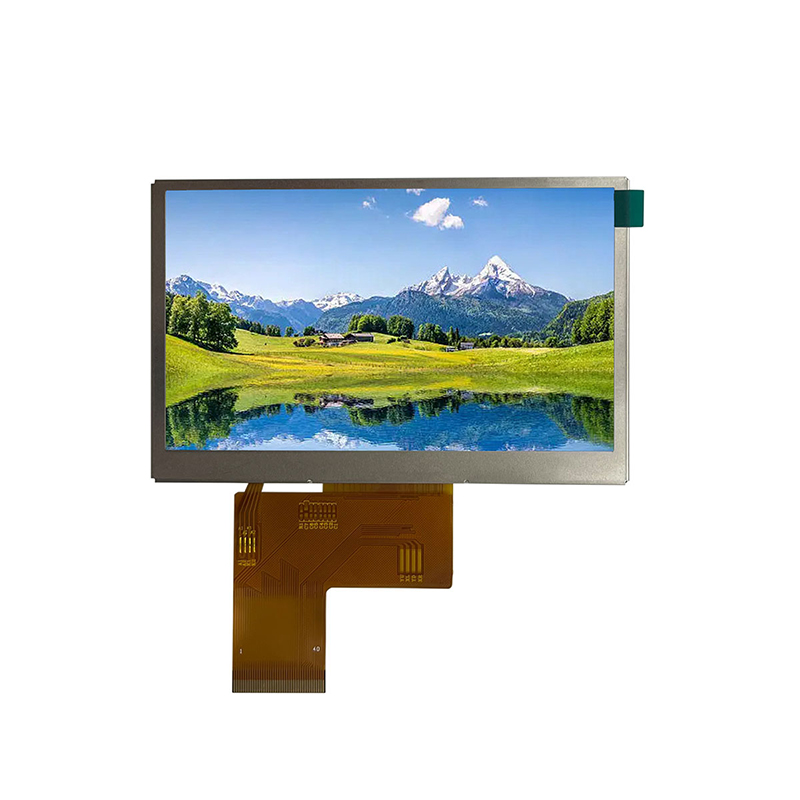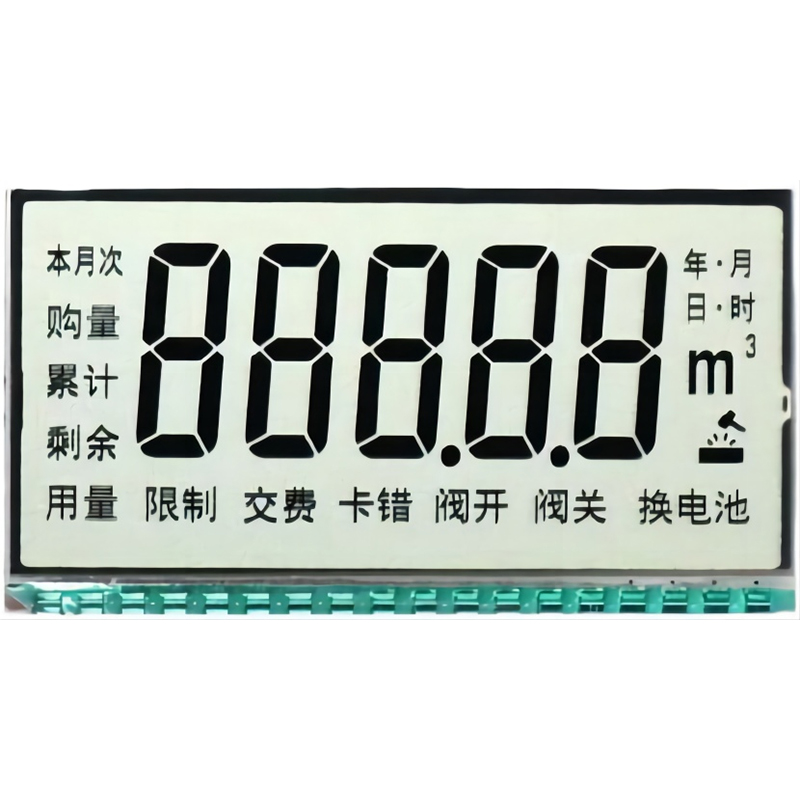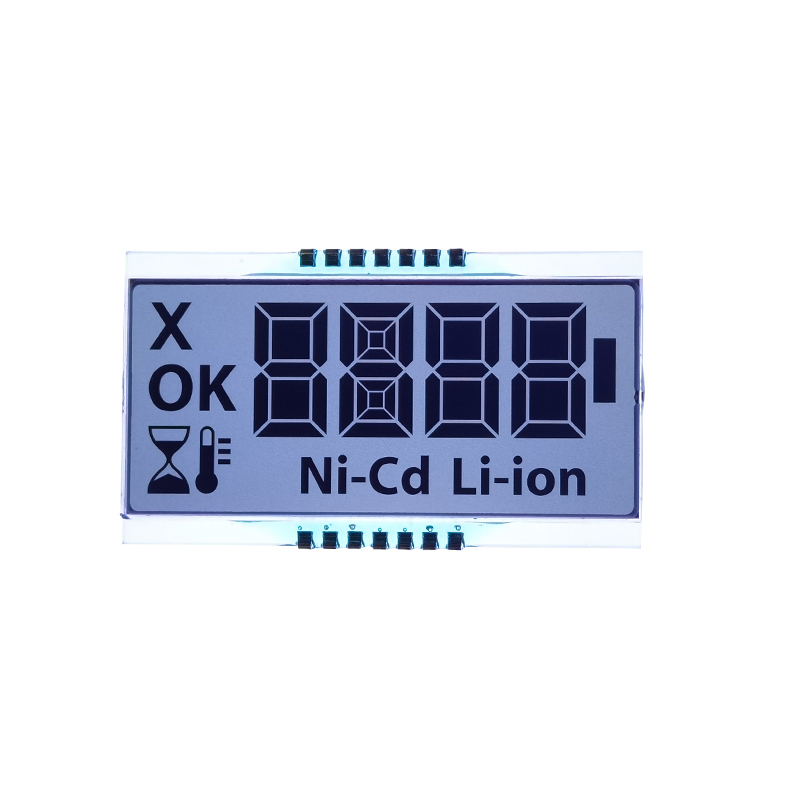
This comprehensive guide explores the functionality, applications, and intricacies of 16x2 LCD displays. We'll cover everything from basic principles to advanced techniques, empowering you to effectively utilize these versatile components in your projects. Learn about interfacing, programming, and troubleshooting common issues.
A 16x2 LCD (Liquid Crystal Display) is a common type of display module used in various electronics projects. The 16x2 signifies its dimensions: 16 characters per line and 2 lines of text. These displays are characterized by their affordability, relatively low power consumption, and ease of use, making them a popular choice for hobbyists and professionals alike. They are typically based on HD44780 controller which is widely compatible with various microcontrollers such as Arduino.
Understanding the specifications of your 16x2 LCD is crucial for successful integration into your projects. Key features often include:
As the name suggests, a 16x2 LCD displays 16 characters across each of its two lines. Character size and font style can vary slightly depending on the specific model.
Most commonly, 16x2 LCDs employ a parallel interface, typically requiring 8 data pins (D0-D7) for communication. Some models might offer an I2C interface for simplified wiring. Choosing the right interface type depends on the capabilities of your microcontroller.
Many 16x2 LCDs include a backlight, typically LED-based, to enhance readability in low-light conditions. The backlight color is usually white or blue, though other colors are available. Backlight control allows you to adjust brightness or even turn it off to conserve power.
The power requirements of a 16x2 LCD are usually low, typically ranging from 3.3V to 5V. Always check the datasheet of your specific model for exact voltage specifications.
Connecting a 16x2 LCD to a microcontroller, such as an Arduino, involves connecting the LCD's data pins, control pins (RS, RW, E), and power pins (VCC, GND) to the appropriate microcontroller pins. Detailed wiring diagrams are readily available online, often specific to the microcontroller used.
Numerous libraries and example codes are available for controlling 16x2 LCD displays, streamlining the programming process. For example, the LiquidCrystal library in Arduino simplifies the interaction with the display. You can then write code to display text, numbers, and even custom characters.
Here are some common issues encountered when working with 16x2 LCDs and how to solve them:
16x2 LCDs find applications in a diverse range of projects, from simple displays of sensor readings to more complex interactive systems. Some common examples include:
You can purchase 16x2 LCD displays from numerous online retailers and electronics suppliers. For high-quality and reliable displays, consider checking out reputable suppliers. For example, Dalian Eastern Display Co., Ltd. offers a wide range of LCD display solutions.
| Feature | Description |
|---|---|
| Display Size | 16 characters x 2 lines |
| Interface | Parallel (8-bit) or I2C |
| Power Supply | Typically 3.3V or 5V |
| Backlight | Usually available (White or Blue) |
This guide provides a solid foundation for understanding and utilizing 16x2 LCD displays. Remember to consult the datasheets of your specific components for detailed specifications and wiring diagrams. Happy building!












